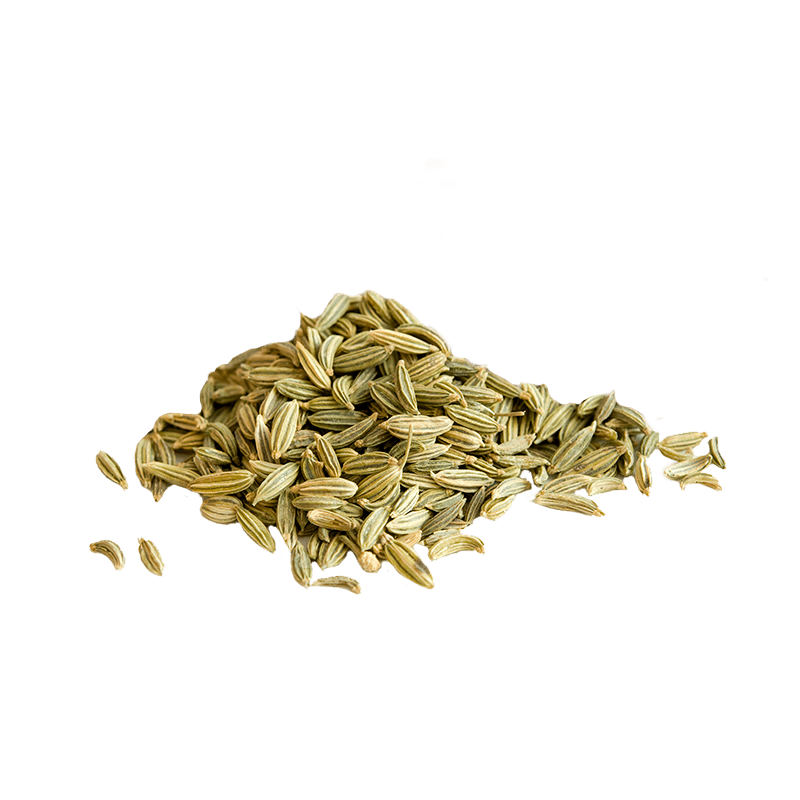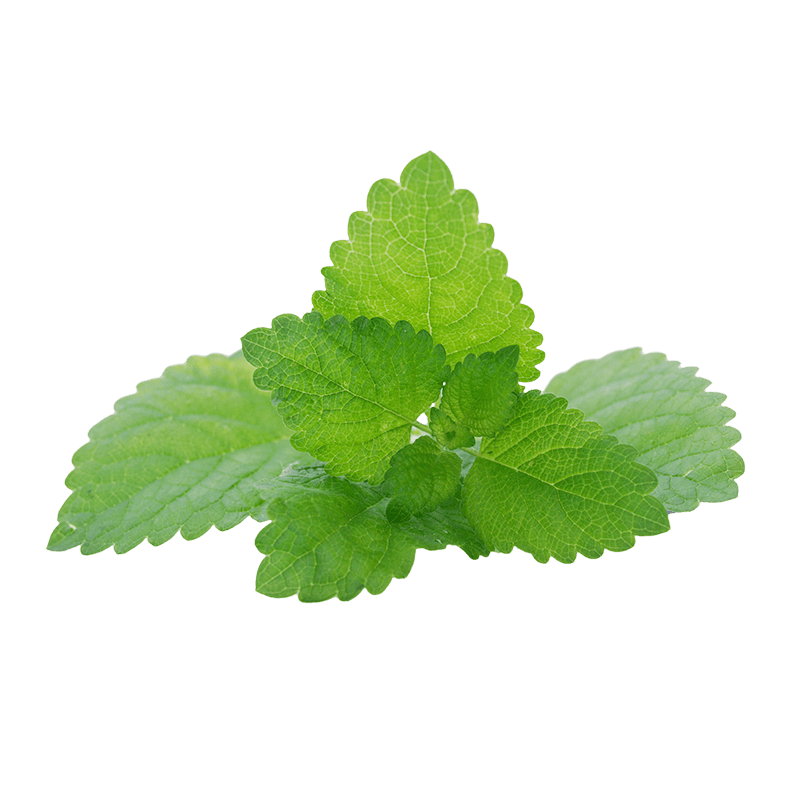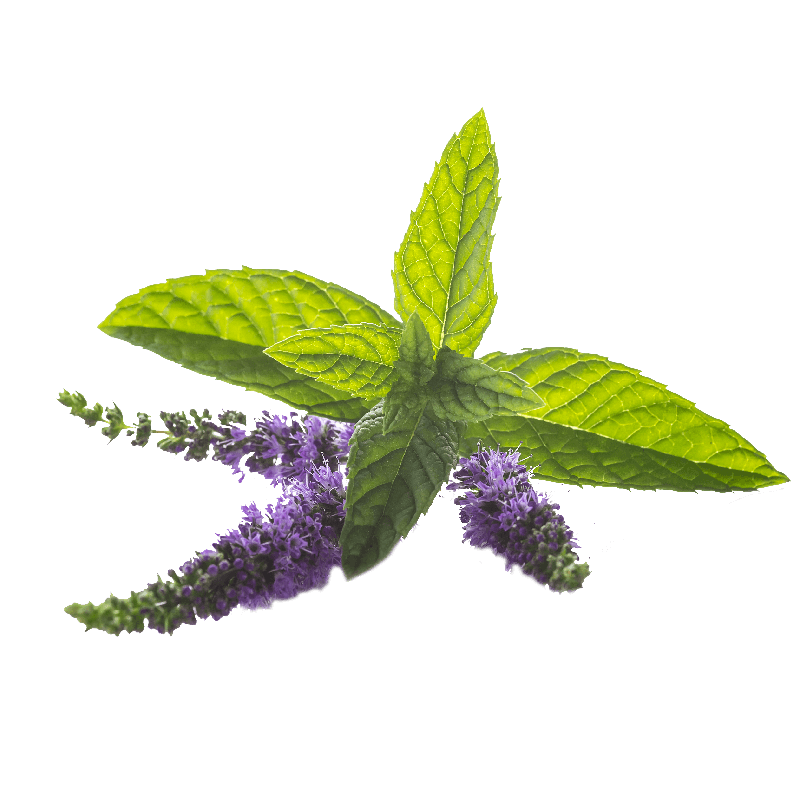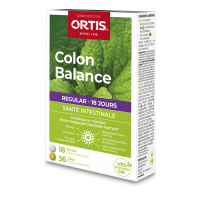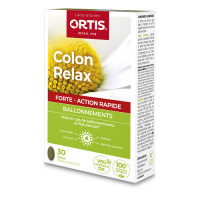When intestinal discomfort gets in the way of your life
My stomach is swollen; I feel really bloated
Bloating, flatulence, tense abdomen... these intestinal discomfort affect a large proportion of the population and are particularly unpleasant day to day. Relax and breathe... and take care not to allow these symptoms to become a source of anxiety or stress as these are factors which are a cause - and also a result - of sensitive intestines. Beware of the vicious circle!
More than 20% of the population (between 16 and 30%) experience bloating, with women being more affected (twice as many compared to men according to most studies). This could be explained by the fact that women experience more stress in their active day-to-day life (children, work, etc.) which could have an impact on intestinal and colonic function in particular. But don’t worry, this discomfort tends to subside with age!

Bloating?
What is it caused by exactly?
Bloating is a common gastrointestinal disorder, which feels as though the stomach is swollen, often associated with the need to pass wind and a potentially painful tense abdomen.
Bloating is a subjective sensation: it feels as though the stomach is swollen. However, you can still experience bloating and have a flat stomach! It is not always, in fact, accompanied by abdominal distension. Distension generally increases during the day, sometimes up to 12 cm, and disappears at night.
Don’t let bloating get in the way of your life!
Bloating, swelling, flatulence, tense abdomen…
They are usually mild but nonetheless have a very substantial impact on our quality of life. These signs of intestinal discomfort are particularly unpleasant as they can occur at any time of the day, and stress can be a triggering factor. We could gladly do without this type of problem!
Bloating: current knowledge
Inadequate diet? Stress?
Imbalanced intestinal flora? Dietary intolerances?
What causes bloating?
Despite extensive studies on the subject, researchers have not yet managed to define the true cause of bloating. These symptoms originate in the colon. Several new avenues have now emerged, which explain the bloating phenomenon:
- Possibly excessive gas production, when the intestinal flora is imbalanced, or following poor absorption of certain sugars. If numerous sugars have not been digested when passing through the stomach or small intestine, this leads to increased gas production.
- Bloating could also be caused by disrupted intestinal gas transit: unlike other individuals, people prone to this complaint develop intestinal gas retention. Individuals suffering from bloating would thus experience impairment of certain organ reflexes... however, bloating is clearly a consequence of a combination of factors specific to each individual.
How often does bloating occur?
The frequency of bloating varies according to each individual.
However, two major categories can be defined:
- "Occasional" bloating
- "Regular" bloating
"Occasional" bloating, ,
i.e. less than 3x/month.
Occasional bloating is generally caused by an inadequate diet (excessively high in fat and sugar, etc.) or by eating too quickly: sluggish, difficult digestion can cause bloating. The solution for this type of bloating would be to relieve a tender abdomen rapidly and adopt a balanced diet.
"Regular" bloating,
i.e. more than 3x/month.
Regular bloating is generally caused by an intestinal imbalance (reduction in the number of Lactobacilli and Bifidobacteria) or too much stress. The solution, in this case, would be to act on the underlying causes of bloating, using a natural, long-term approach, to eliminate discomfort. Probiotics are strongly recommended for regular bloating.
Beware of stress: some individuals can find bloating and flatulence genuinely incapacitating. This may have an impact on their social life. Beware of the vicious circle: this stressful situation can cause bloating, which in itself is a source of stress!

Did you know?
Flatulence
Flatulence is caused by gas produced by bacteria in the colon (bacteria cause food to ferment in the colon and release gas). A healthy individual passes wind between 8 and 13.6 times/day.
Are bloating and flatulence related?
In ¾ of cases, bloating and flatulence are related. However, these symptoms can occur separately at any time of the day.
Tips for avoiding bloating
Avoid drinking fizzy drinks (as these contain digestion inhibitors). Eat slowly and chew food properly to avoid swallowing air, and thus limit the risk of aerophagia.
Things to avoid
- Avoid fizzy drinks, chewing gum (these make the gastrointestinal system work on empty and air accumulates in the digestive tract) and stimulants, such as tobacco, alcohol and even coffee
- Limit fast fibres intake (fruits, raw vegetables). Fibres is very beneficial but must be introduced gradually, otherwise it can cause bloating and flatulence...
- Avoid products rich in fructose (apples, mangoes, pears) and sorbitol
- Avoid ready meals (rich in fat and additives) Avoid fast carbohydrates, fat, eggs and ice cream
- Avoid dairy products
- Avoid stressful situations (stress will have an impact on digestion and increase the risk of bloating)
- Avoid vegetables which are liable to ferment and cause intestinal gas production: these can cause bloating and flatulence (lentils, peas, haricot beans, Brussels sprouts, cauliflower, broccoli, onion, cucumber, celery, prunes, banana, apricot, raisins, freshly-baked or hot bread, etc.)
Things to prioritise
- Prioritise protein in your diet
- Opt for insoluble fibres (but not too much) which stimulates intestinal transit (whole grains, wheat bran, walnuts, almonds, etc.)
- Try to cook with olive oil (highly digestible)
- Drink still water (1.5 l/day) or herbal teas
- Take regular physical exercise
- Lie down and massage your stomach to relax the muscles and reduce distension
- Try to stand up more
- Wear loose clothing to avoid feeling restricted
- Relax as often as possible (yoga, meditation, walks in the woods, etc.)
 Belgium
Belgium
 Belgique
Belgique  België
België  France
France  Italia
Italia  Portugal
Portugal  España
España  United Kingdom
United Kingdom  Κύπρος
Κύπρος 

